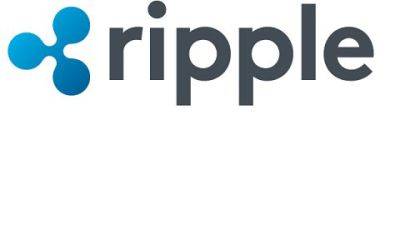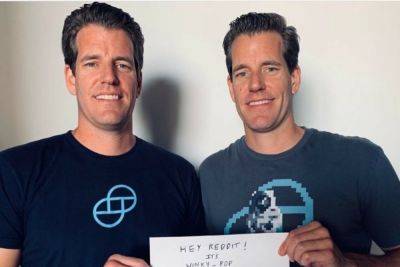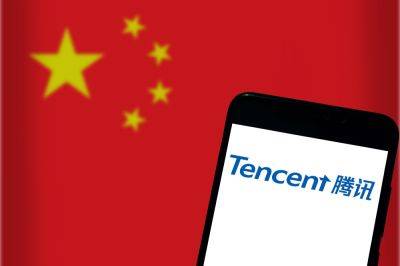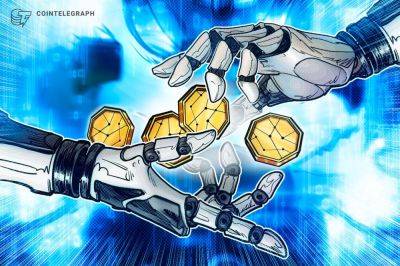How decentralized identities are reshaping our communities and digital identities — Interview with d.id
In the digital age, decentralized identities (DIDs) are gaining traction, offering individuals control over their digital identity and promising a more sovereign internet.
Tim Yeoh — a pioneer in this field and founder of d.id, a company that provides DID solutions — compares DID to Bitcoin (BTC), as both empower users with autonomy. In this interview, Yeoh discusses the importance of community governance in DID, the evolution of the d.id ecosystem and its role in simplifying the transition to Web3, and how DID’s ability to decouple identity from applications will redefine online interactions, communities and personal identities.
Cointelegraph: In today’s digital age, the concept of identity has undergone a radical shift. In layman’s terms, can you explain decentralized identities and why they are gaining traction?
Tim Yeoh: In today’s digital age, our concept of identity is evolving. Think of DID as the Bitcoin of the identity realm. As Bitcoin, a programmable currency, uses cryptography and operates without central control, DIDs offer programmable identities not governed by a singular entity.
Bitcoin empowered individuals with unmatched control over their finances. Similarly, DID is shifting our identity paradigm, granting individuals more autonomy over their digital identities, free from centralized constraints. As we move forward, DIDs are becoming crucial, marking a new chapter in how we think of and manage our digital selves.
CT: The digital world has seen an explosion of online identities, from social media profiles to gaming avatars. How do decentralized identities stand out in this crowded space, and why are they crucial for the future of the internet?
TY: Decentralized identities offer distinct advantages in the
Read more on cointelegraph.com






















